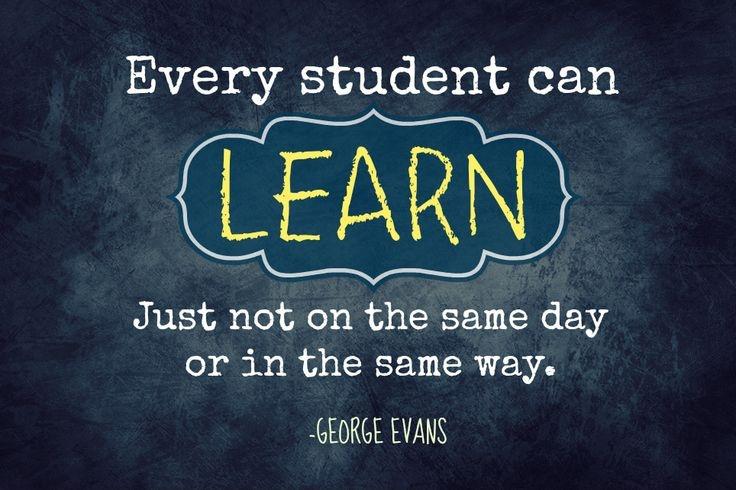Allan Johnson:
Argument:
Author Allan Johnson argues that problems of inequality and discrimination arise from the system of privilege in society. He essentially states that we are all connected to this system, whether as beneficiaries or victims, and that if we recognize this connection, it will enable us to take action, be part of the solution, and truly generate genuine change.
 |
| Allan Johnson. |
Quotes: Khan
"Normal is what you're used to. It seems to be a part of human nature that customs and institutions come to seem somehow inevitable and preordained". (61-62)
This quote suggests that what we consider "normal" isn't entirely accurate. This is because the text emphasizes that we're accustomed to habits and systems, such as the educational system, which seems natural. After all, it's what we're used to and has been around for a long time. The relevance of this text is simple: tradition. For centuries, there has been only one "correct" way to teach, but perhaps the same system from 50 years ago is no longer the most optimal for today's needs. This quote invites us to reflect on the possibility of changing and improving the education system.
"Tests measure the approximate state of a student's memory and perhaps understanding, regarding a particular subset of subject matter at a given moment in time..." (92)
The author explains here that tests are an inefficient way to assess students' knowledge because they offer a limited view of it. This quote highlights that over-reliance on tests can hinder the development of students' skills, including creativity, critical thinking, and the ability to reason more deeply.
"The danger of using assessments as reasons to filter out students, then, is that we may overlook or discourage those whose talents are of a different order—whose intelligence tends more to the oblique and the intuitive".
The author wants you to understand that the assessment system can limit or exclude students with unique or creative talents, thus limiting their development. This is why testing and tracking can hinder a student's true potential, since not everyone learns the same way.
 |
| These words are so real. |
💗💗💗
👊👊👊✊
Connection:
A Short History of Public Schooling - Excerpt from the film Class Dismissed
I find it interesting that the video "A Short History of Public Schooling," an excerpt from the film "Class Dismissed," shares many similarities with Allan Johnson's work, as well as The Broken Model.
The video showcases the American school system and how it was carefully designed, inspired by a 19th-century Prussian model, to mold "useful" and disciplined citizens through compulsory education. This system sought to foster social order and control, rather than creativity and critical thinking. But if we analyze it carefully, isn't this what Allan was referring to, namely that people with privilege do as they please and have the power to make decisions? Or wasn't this even what the reading about breaking the model meant, where they explain that the educational system is the same as it was almost two centuries ago?
These three components have a unique connection because they challenge the current system while also revealing reality.
These readings hold significant meaning because we do not all learn in the same way, and we do not all have the same opportunities for learning. Once we accept this, we can improve as a society.
💬💬💬
https://en.wikipedia.org/wiki/History_of_education_in_the_United_States
 |
| Schools in the United States. |
_(cropped).jpg) |
| Horace Mann |









